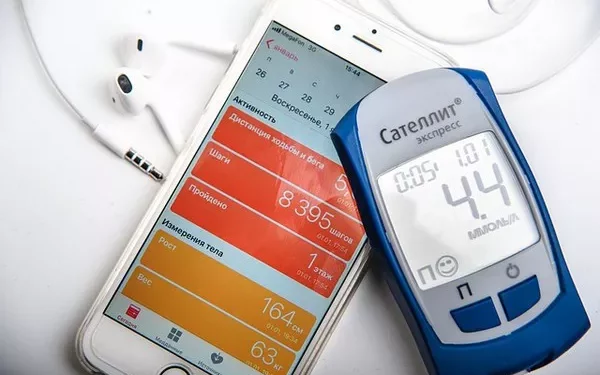Type 2 diabetes, a condition marked by high blood sugar levels, carries significant risks such as heart disease, kidney damage, and vision loss. While much focus is placed on elevated glucose levels, it’s important to note that low blood sugar can also pose dangers. Effectively managing blood glucose is crucial to minimizing these complications.
Recent research underscores the role of dietary habits, alongside medication and exercise, in blood sugar regulation. A study by Australian Catholic University and Queensland University investigated the impact of meal timing on glucose levels, revealing promising insights beyond traditional dietary advice.
The Benefits of Time-Restricted Eating
Time-restricted eating (TRE), a form of intermittent fasting popularized around 2015 for weight loss, is now being recognized as an effective strategy for managing blood sugar. The concept of TRE involves eating within specific windows each day, often in sync with daylight hours. For instance, one might consume meals from 11 a.m. to 7 p.m., fasting for the remaining hours.
Research suggests that this pattern of eating may help regulate blood glucose by reducing calorie intake and aligning eating habits with the body’s natural circadian rhythms. This simple adjustment could serve as a valuable tool for those with type 2 diabetes, offering a potential pathway to better blood sugar control.
Related topics:
Abbott Expands Manufacturing Capacity to Meet Growing Demand for Diabetes Technology
New Study Reveals Complexities in Insulin Regulation for Type 1 Diabetes
Can Beetroot Help Control Blood Sugar? Here’s What Diabetics Should Know



























